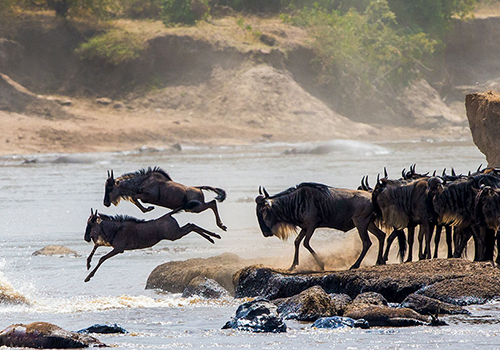Money Tips for Travel to Tanzania
Money in Tanzania: Cash, Credit Cards, Traveller’s Cheques, and ATMs
What currency should I use in Tanzania? Can I use Tanzanian ATMs? Can I use my credit card in Tanzania?
We’ve got all you need to know about matters of money in Tanzania below!
How Much Money Do I Need on Safari?
How much spending money you bring with you on safari depends on your individual tastes. Do you plan on participating in additional activities or buying souvenirs? Are you planning to enjoy a few cheeky cocktails or beers at your lodges?
If the answer to any of the above is ‘yes’, we recommend budgeting an additional $30 – $50 USD per day.
How Much Are Drinks?
We get asked this one a lot! Drinks in Tanzanian hotels and camps are similarly priced to Western restaurants. A rough guideline can be found below:
- Local Beers: $4 – $5 USD;
- Import Beers: $6 – $8 USD;
- Wine: $8 – $10 USD a glass;
- Mixed Drinks: $7 – $10 USD;
- Cocktails: $10 – $15 USD.
These prices obviously vary depending on the property. Drinks will typically be more expensive in luxury lodges, where all-inclusive drinks packages can often be purchased for as little as $30 – $40 USD per person per night
How Much Should I Tip?
Tipping is a big part of Tanzania’s tourism culture. If you are happy with the service you have received, it is customary to leave a tip for your guide(s). A rough guideline on tipping can be found below:
- Safari Driver: $20 USD per group per day;
- Climbing Guide: $20 USD per group per day;
- Safari/Climbing Chef: $15 USD per group per day;
- Porters: $10 USD per day;
- Transfer Drivers: $5 – $10 USD;
- Hotel Staff: $1 USD for your maid or waiter. You can also leave a tip for the staff as a whole at the front desk.
We understand that tipping is a deeply personal matter, so tip what you are comfortable paying! If your driver or a member of hotel’s staff pressures you regarding your tip, please
Currency
The official Tanzanian currency is the Tanzanian Shilling. There are coins for 50, 100, and 1,000 shillings, and notes for 500, 1,000, 2,000, 5,000, and 10,000 shillings. The local currency is used predominantly in local businesses such as supermarkets and local restaurants.
US dollars are the preferred currency in tourism circles. Hotels, guide’s tips, tour payments, and even souvenir vendors accept USD, but can also take payment in Tanzanian shillings if this is all you have.
It is also important to note that most businesses that do accept US currency will not do so if it is torn or wrinkled.
Notes must not be older than 2006, as local businesses will automatically reject these due to a past issue with counterfeiting
Banks & Currency Exchange
If you’re traveling from a country that does not use the US dollar standard, it is easy to convert your local currency into USD upon arrival in Tanzania. Currency can be exchanged at airport currency exchange desks, banks, and in some larger hotels.
Banks in Tanzania are open from 9 am until 3.30 pm Monday to Friday, and from 9 am until 11 am on Saturdays. Wait times and processing times at banks can be up to an hour, so we do recommend either exchanging money at the airport or bringing extra cash to avoid long wait times. If you require assistance to get to a bank, let your safari expert know before you arrive. This way, they’ll be able to ensure there is time for you to visit a bank before leaving for your safari.
Money on Zanzibar
If you’re visiting Zanzibar, it is advisable to bring sufficient USD with you. There are ATMs in Stone Town and at the airport, but ATM facilities are rare at resorts.
When budgeting for Zanzibar, bear in mind that you’ll have a lot of free time for activities and drinks. We find that Zanzibar tends to require more spending money than a safari.
Exchange Rates
If you’re curious about the current exchange rate, we recommend checking XE.com. This is just a guideline, and local vendors will have their own exchange rates posted.
Exchange Rates
The tax rate in Tanzania amounts to 16% for most products and services. In most cases, the tax is either factored into the price or included as a line item on your final bill. There is no process for reclaiming this amount upon departing the country.
ATMs
We recommend that all of our travelers bring sufficient spending cash for their trip. However, we understand that sometimes you need a little extra spending money in Tanzania. In such cases, you will be able to access your bank account via the nation’s ATM network.
ATMs that accept both Visa and MasterCard are available in most cities. ATMs cannot be found in smaller towns or while on safari. You can withdraw approximately $300 USD in Tanzanian shillings on any given day.
Be sure to alert your bank that you will be traveling to Africa. Many banks will deem transactions made out of your native country as suspicious and may lock access to your accounts if you have not forewarned them. As you are only able to withdraw Tanzanian shillings, you’ll still need to convert currency at the bank or in a currency exchange office in order to pay for things while on safari.
Credit Card
International credit cards (especially Visa, MasterCard, & American Express) are accepted in most stores, restaurants, and hotels. Many smaller stores will not have EFTPOS facilities, so it is generally better to carry cash for incidentals. Credit card payments typically attract a 5-15% processing fee. Be sure to factor this in when paying by credit card.
Traveler’s Cheques
Traveler’s cheques are not accepted anywhere in Tanzania. If you are using traveler’s cheques for other parts of your African trip, they will not be of any use in Tanzania
Our Popular Tour
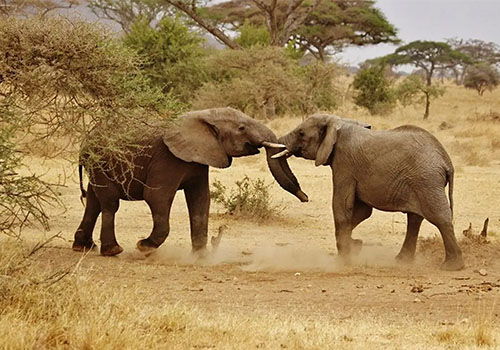
2 Days Beauty Tanzania Safaris
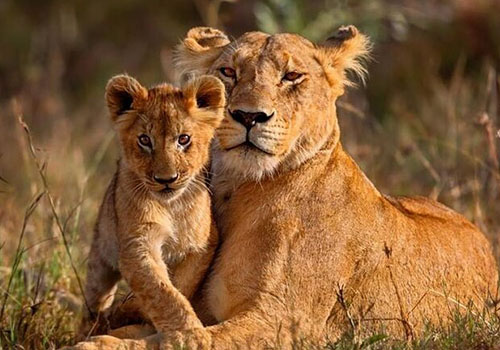
3 Days Tanzania Safaris
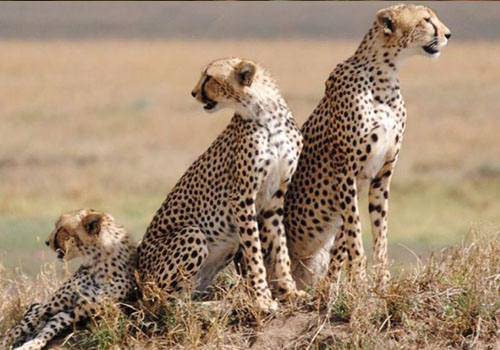
4 Days Budget Safaris
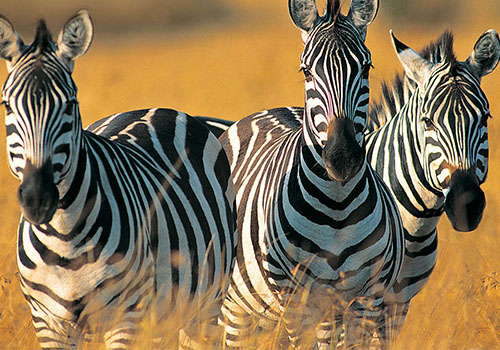
5 Days Best Safaris
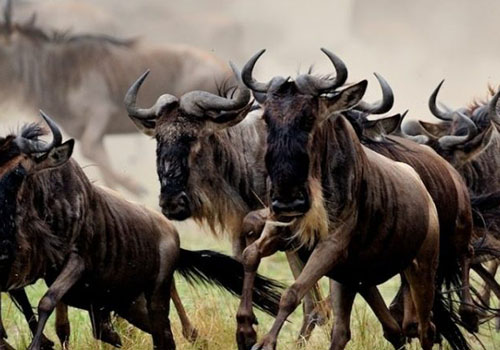
6 Days Luxury Safaris
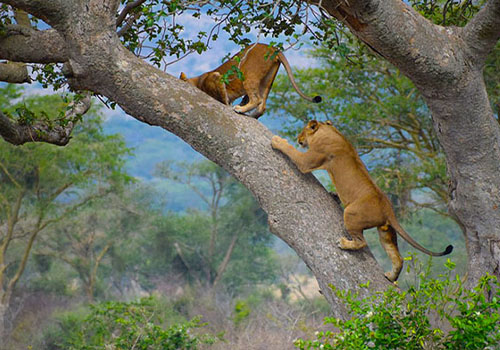
7 Days BudgetTanzaniaSafaris
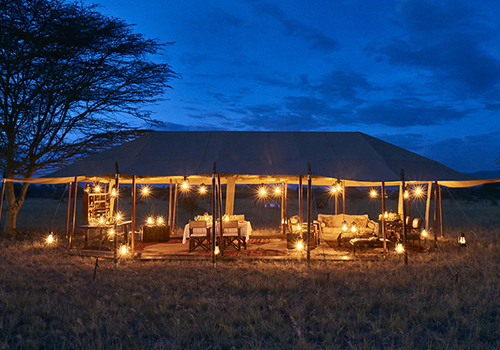
8 Days CampingSafaris

9 Days Lodging Safaris
